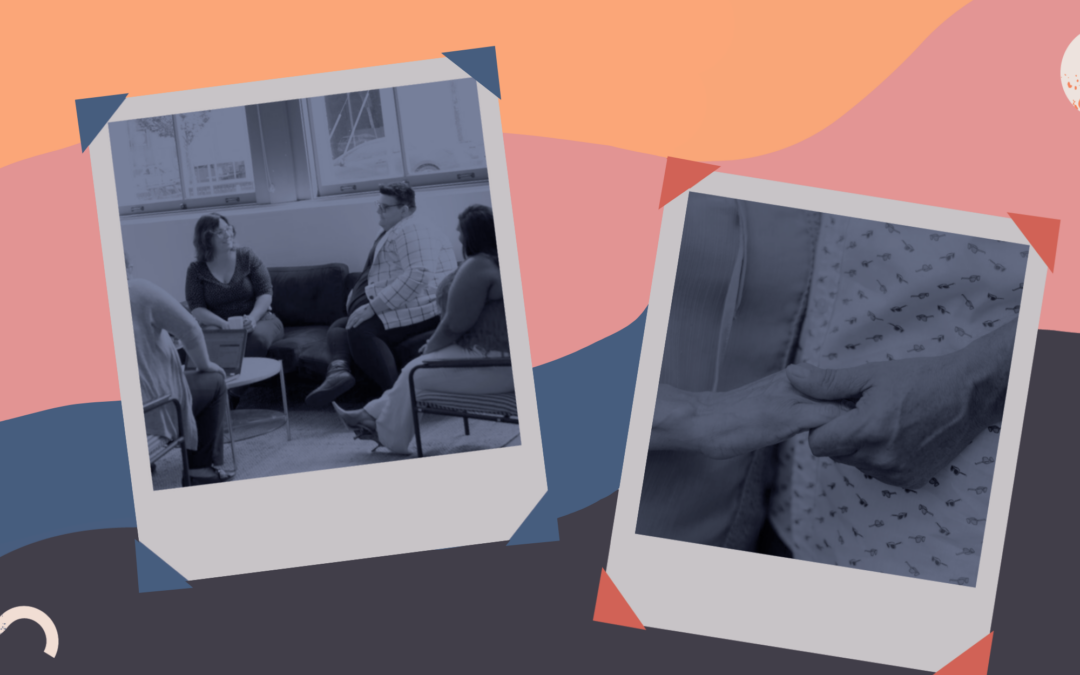The Relationships Map
A directory of brilliant individuals and organisations working towards a more relationship-centred future
Across the UK (and beyond) there’s a growing number of individuals and organisations working to strengthen relationships and prioritise them in their practice. But, somewhat ironically, we’re not very well connected with one another. The Relationships Map is a space for us to find one another, to share ideas and resources, to feel part of something bigger, and to realise more than the sum of our parts.
The more of us that are on here, the more we can achieve, together. Please spread the word!
Explore the map
Tips for exploring the map
Using the filter button at the top left of the table below, there are a number of ways in which you can explore those who are on the map, including:
- By focus area: if there’s a specific topic that you’re interested in zoning in on – like heathcare or academia or criminal justice – click ‘filter’ then select ‘focus area’ then select the area(s) of focus that you’re most interested in
- By craft: if you’re looking to learn about a specific craft that can help you to put relationships first – for example community development or regenerative design – click ‘filer’ then select ‘relational craft’ then choose the craft(s) you’re looking to learn about
- By type of relationship: if there’s a specific type of relationship that you’re focused on – like inter-community relationships or service delivery relationships – click ‘filter’ then select ‘Which relationships?’ then choose the type of relationships you’re most interested in learning about
Latest learning
The map not only offers a springboard for new connections to be made across the field, but also a treasure trove of insight about the what, why and how of relationship-centred practice. Take a look at our latest learning below, or by clicking on this link.
While valuing relationships isn’t too controversial a position, I often feel alone in this approach, especially in the professional context. That’s why [meeting other relationship-centred practitioners] was such a revelation. I met people who not only believe in a relationship-driven approach, but who put relationships first, even when their approach is being challenged by their bosses, their funders, their academic advisors, the general narrative of society. Even when there isn’t budget or staffing. When they have short-term goals to meet, but know that relationships will only pay off in the long-term. They apply a relationship-first approach as social care workers, in disaster preparation and response, in welcoming people from different countries, as academic researchers, and in a myriad of other ways. When hearing their stories I felt assured that my work mattered. I felt seen. I was inspired by their courage and the clarity of their conviction. I found my people.
What do we mean by ‘relationship-centred practice’?

A birth and a knock to the head
When we’re unwell, how does the compassion that healthcare workers give (or fail to give) shape our experiences and health outcomes? In this blog, Rosa explores these questions, and shares two personal experiences that have shaped her thinking - (accidentally) giving...
